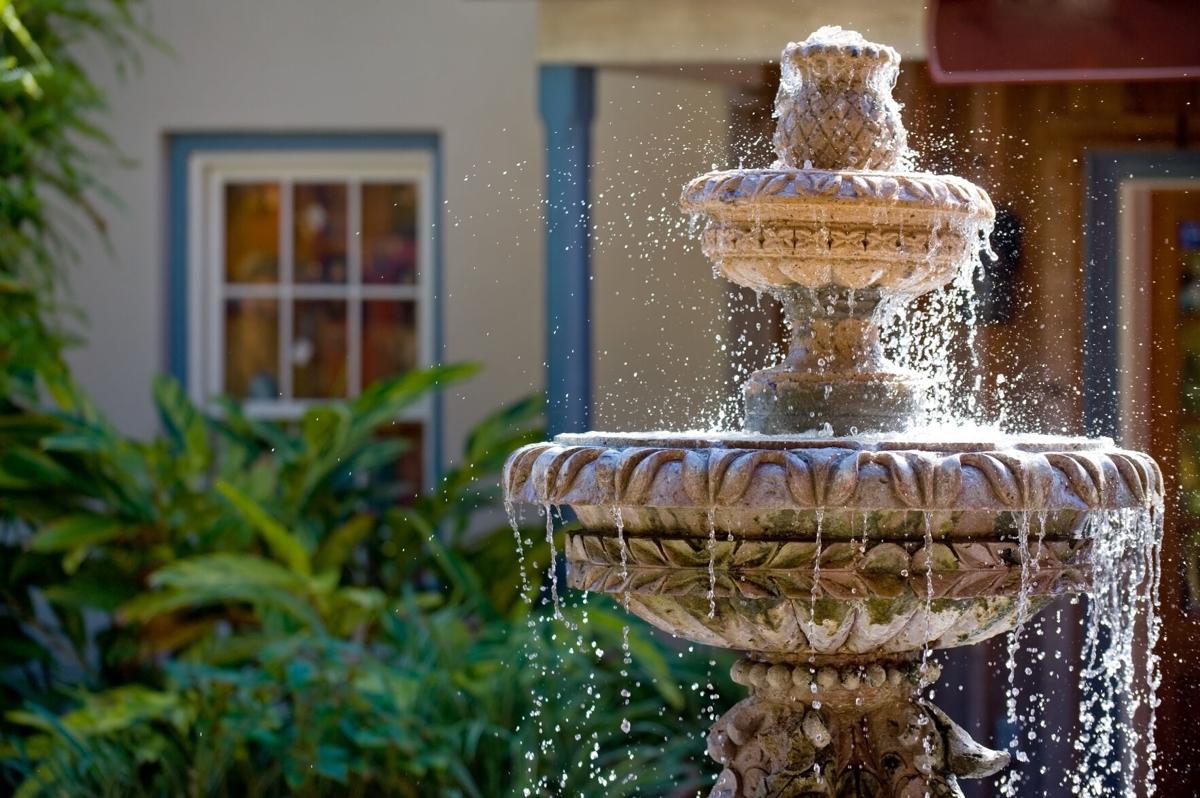Ideally, our yards are tranquil spaces, where we go to relax, unwind from the day’s cares, and spend time with family and friends. But what if your yard isn’t so tranquil?
Noise from traffic, neighbors, city sirens, barking dogs, and other urban sources can result in increased stress, and possibly result in long-term health issues, according to research.
It’s also unpleasant, and yet is a fact of life in many urban areas. So how do you reduce its impact on your property?
Noise solutions for your yard
On an individual level, there are several things you can do to reduce the impact of noise on your property.
Building a masonry wall is the most effective way to block sound. Sound waves propagate through the air in a “line of sight” fashion, meaning that if you can see the source of the noise you will be able to hear it. Furthermore, any gap in a fence or wall will allow sound to pass through. This is why vegetation is usually not very effective in reducing sound (for the caveat on this, read on). The more mass a wall or fence has, the better it is at blocking and reflecting sound. A masonry wall, for example, can reduce noise by up to 10 decibels (dB), which is very significant for the human ear. Because the decibel scale is logarithmic, a 10 dB reduction results in the noise perception being reduced by half.
If you are not able to build a masonry wall (due to expense or property limitations), you can build a fence, but make sure there are no gaps underneath or between the fence slats.
You can use earthworks to reduce noise. If you have the option to configure your yard to a sunken yard, or to create earth mounds around it, the earthworks will reflect or absorb noise. This option is obviously not for everyone, as it requires a certain yard configuration. However, placing your yard effectively downhill from noise sources will reduce the noise in it. Be aware that you need to evaluate this type of earthworks carefully to avoid drainage issues.
Similarly, if you are just creating your yard space, and assuming the configuration of your lot allows it, you can use your house to block noise.
You can also use white noise from rustling leaves and running water to reduce your perception of unpleasant noise. Make sure the white noise source (for example a waterfall) is close to your seating space for maximum effect.
While plants themselves don’t do much to block noise, planting greenery for visual privacy reduces your perception of noise and makes it less bothersome. Plants with wide leaves or thick vegetative growth will be more effective in their ability to affect noise transmission than less dense plants.
Finally, encourage wildlife: it’s much nicer to listen to birdsong than traffic. My front yard has so many birds, their songs are really loud and drown out most street noise in the mornings. If you plant native plants for food and habitat, have a safe water source for birds and other critters, and attract beneficial insects to your yard, you will find that birds will flock to your yard (pun intended).
Neighborhood noise solutions
- Get to know your neighbors. Once you have a relationship, it may be easier to ask that they reduce their noise – whether it’s playing music at certain times of day, leaving their barking dog out all night, or other similar issues.
- Advocate for speed bumps, traffic circles, stop signs and other traffic calming structures to reduce traffic noise in your neighborhood. These structures will also help increase safety in your neighborhood. As an added bonus, many of them can be coupled with tree plantings and rainwater harvesting features to increase greenery and reduce summer temperatures in your neighborhood.
- Be aware of the City of Tucson’s noise ordinance. It prohibits noise over 70 dB from 7 a.m. to 10 p.m. and 62 dB from 10 p.m. to 7 a.m. in residential areas. Report violations to the Tucson Police Department. Note that there are limits on noise regardless of the time of day, so you don’t need to wait until nighttime to report issues.





